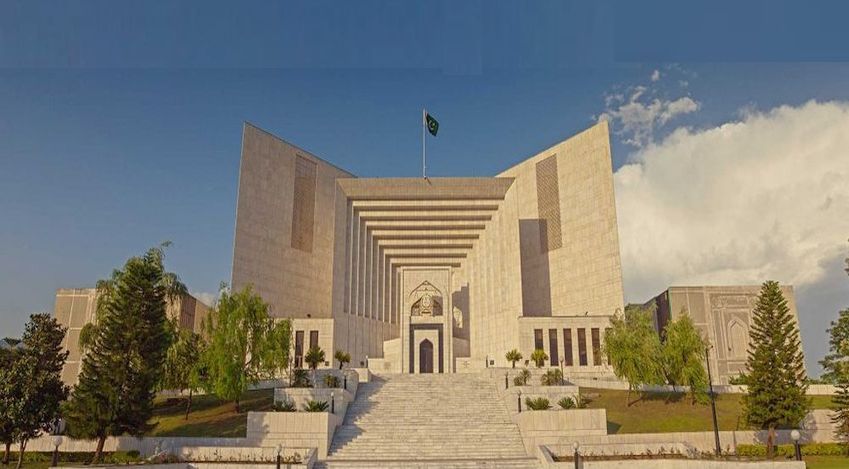Allegations of Corrupt Practices require Proof beyond a Reasonable Doubt and Adherence to Strict Evidentiary Standards --- Supreme Court of Pakistan upheld the Election Tribunal’s Decision found it Well Reasoned
Islamabad 18-12-2024: The Supreme Court of Pakistan dismissed a Civil Appeal challenging the Election Tribunal Balochistan’s decision regarding alleged irregularities in the PB-28 Kech-IV elections. The Court upheld the tribunal’s ruling, finding no merit in the Appellant’s claims of corrupt practices and procedural violations during the electoral process.
The Appellant, Mir Hammal Khan, filed [Election Petition No. 07/2024] against the successful candidate, Muhammad Asghar Rind (Respondent No. 4), alleging rigging and manipulation at three polling stations (Nos. 21, 24, and 39). He sought nullification of the election results or re-polling at the disputed stations. The Election Tribunal Balochistan dismissed the petition on September 12, 2024, citing non-compliance with procedural requirements and lack of credible evidence.
The Supreme Court of Pakistan bench, comprising Mr. Justice Shahid Waheed, Mr. Justice Irfan Saadat Khan, and Mr. Justice Aqeel Ahmed Abbasi, found that the Appellant failed to meet the strict legal and procedural standards for proving allegations of corrupt practices under the Election Act, 2017.
The Court observed that the Appellant did not comply with Section 144(2) of the Election Act, 2017, which mandates submission of original affidavits for witnesses. The Court emphasized that photocopies or unverified documents lack evidentiary value.
The allegations of rigging and illegal practices at polling stations were deemed unsubstantiated. The Court reiterated that such claims require proof beyond a reasonable doubt, citing precedents such as Muhammad Saeed Vs. Election Petitions Tribunal (PLD 1957 SC 91).
The Court noted that polling agents for all candidates, including the Appellant, were present at the polling stations, and no complaints of malpractice were filed by them or the presiding officers.
The Court held that Election Petitions must strictly adhere to the procedural requirements outlined in Sections 142-145 of the Election Act, 2017. Non-compliance leads to adverse inferences against the Petitioner.
The Supreme Court of Pakistan dismissed the appeal, stating that the Election Tribunal’s decision was well-reasoned and based on sound legal principles. The Court reiterated that election disputes must be supported by credible evidence and strict compliance with the law.
Powered by Froala Editor








